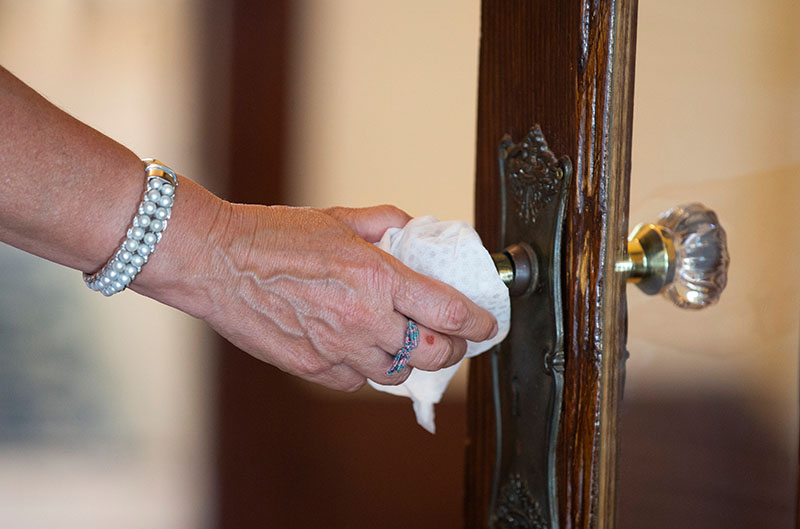Canada hits 100,000 coronavirus cases, major challenges remain
OTTAWA: Canada officially racked up 100,000 cases of the novel coronavirus on Thursday and although the outbreak is slowing, health experts said major challenges remain.
Authorities admit they were not prepared for how fast the pandemic ripped through nursing homes, where more than 80% of the deaths occurred.
While the 10 provinces are slowly reopening their economies, major restrictions remain in place in Montreal and Toronto, Canada's two biggest cities.
"We haven't done brilliantly, we've done acceptably," said Dr. Camille Lemieux, University of Toronto epidemiologist and head of the COVID-19 testing center at the city's University Health Network, adding the outbreak was "a very big wake-up call" about shortfalls in a fragmented healthcare system.
The province of Ontario on Thursday announced another 190 cases a day after public health agency data showed 99,853 people had been diagnosed positive. That pushed Canada over the 100,000 mark and into 17th place on the global list.
Canada has recorded at least 8,266 deaths, in 12th place worldwide, according to data compiled by Reuters.
As the outbreak fades, chief medical officer Theresa Tam expressed concern that people will grow complacent about precautions such as wearing masks.
"It's the sustainability of our response going forward (that) is going to be really tough. We will just have to keep reminding people," she told a briefing this week.
"The virus hasn't disappeared ... what we're asking all Canadians to remind themselves is it's not normal times."
Tam worried that cases might surge later this year, which would be especially troubling if it spiked at the same time as an influenza outbreak. She said Canada must build up enough capacity to detect and clamp down on any cases and contacts.
Prime Minister Justin Trudeau - identifying complacency as a major threat - unveiled a tracing app which would be voluntary due to privacy concerns. The app, he said, would be anonymous.
"We know uptake ... won't be there if people are worried for their privacy," he told reporters on Thursday.
One potential drawback is that not all of the provinces are on board, underlining concerns from experts who say Canada's complex multilayered healthcare system will complicate efforts to beat the pandemic.
The provinces each control their own systems and have taken different approaches. Ottawa's role is largely providing money. Epidemiologist Lemieux said there had been no consistent national messaging or strategy on measures such as contract tracing and wearing masks.
"We could certainly have a significant setback. I think that's a very real risk," she said by phone.
"It takes very little to lose the trust of a population, to lose that little bit of credibility."
Tam herself came under fire from commentators in April for first saying wearing masks was not beneficial for those showing no symptoms and then changing tack a week later. Tam said her advice had been evolving based on science.
"We need to remember masks do not protect you as much as staying home would," Trudeau said on Thursday.
Authorities in Ontario and Quebec, the two most populous provinces, struggled to such an extent with outbreaks in nursing homes that they had to call in troops.
"That's got to be the biggest lesson learned ... more needs to be done to ensure that doesn't occur (again)," Tam said.
"We flattened the curve to the extent that we did not overwhelm our acute care system but we certainly did not do well in the long-term care senior setting."
Quebec's coroner on Wednesday ordered a public inquiry to probe whether any of the deaths in residences had been linked to violence or negligence.






